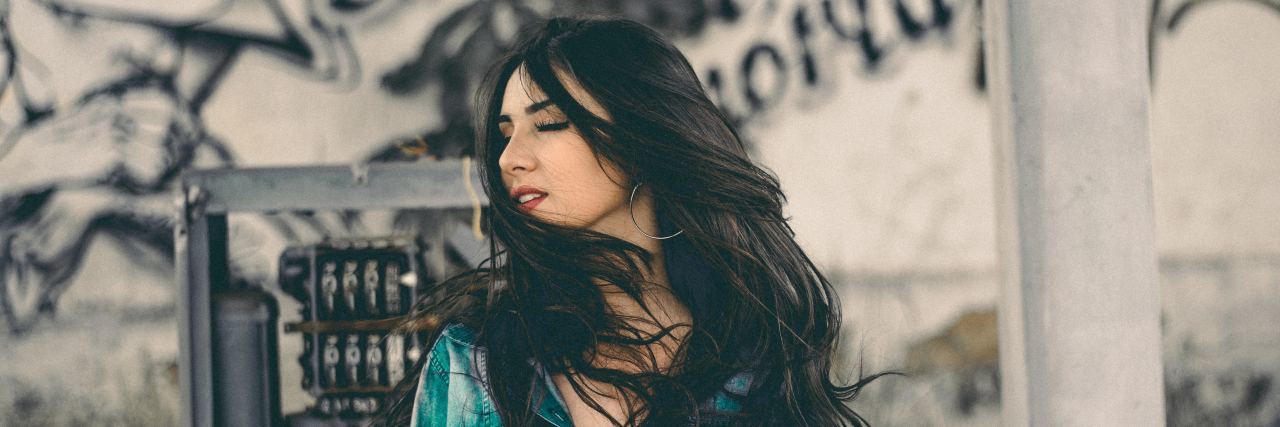When Guilt Is What Keeps You From Suicide
Editor's Note
If you experience suicidal thoughts, the following post could be potentially triggering. You can contact the Crisis Text Line by texting “START” to 741741.
I’ve had suicidal thoughts since I was about 10 years old. My opinions on the subject are strictly my own, and while I much disagree with those who call suicide selfish, I understand where that belief comes from. Now, let me explain why.
My early upbringing led me to a diagnosis of clinical depression as a child, and I did not begin medication to stabilize it until my late 20s. Talk-therapy only seemed to help me so much. And even then, it took decades for me to find a psychotherapist who I could relate to and trust. The standard, “How does that make you feel?” was numbing. Whatever the issues I was dealing with were, they didn’t make me feel like a loved, valued individual. Otherwise, I wouldn’t have been there.
I had three children by the time I was 25, who by the grace of God, I believe spared my life. They were my only focus and drove me to keep going every day. The suicidal thoughts never subsided; they just took a back seat. My children needed me. I grew up without my biological parents, and I was not about to do the same to them. My young family was my distraction.
Fast-forward to 2011, when I made the dangerous decision one night to drive home while intoxicated. Thank God I didn’t injure anyone on the road. The conviction of my crime duly came. I deserved it and took full responsibility for my actions.
The night I bailed out of jail and got home, the despair and depression for what I had done felt too much to bear. My life as I knew it was over, and it was time to end it all — finally. I shipped my kids off to school on the bus and then headed to prepare my suicide method, crying hysterically. My husband was an active-duty soldier in the U.S. Army at the time and on an overseas deployment. He phoned me at just the right moment. He quickly talked me out of harming myself, reminding me my suicide would have adverse effects on the children for the rest of their lives. The guilt set in, the same thing that has kept me alive this long. We hung up, and I called 911.
That experience was the closest I physically came to ending my life. The thoughts of suicide, though, are another thing. In my experience, they have never subsided. I can’t deny my sickening desire to die so I can escape the demons who never leave my side.
Don’t get me wrong, I do not want to leave my family. They are my lifeline. However, sad as it is, sometimes it doesn’t feel enough. Lightly discussing this issue at a dinner party, office meeting or soccer game would feel socially unacceptable. No one wants to hear such horror. And when I have (slightly) mentioned it to close friends, they all say the same things:
“But you have the American dream.”
“Why are you so sad?”
“You’re the strongest person I know.”
And my all-time hated comment: “You got this, girl.”
Escaping the invisible, enduring pain is torture. Though I may hide it well and it is most likely a surprise to most of the people who know me, this a quiet battle I fight daily. Guilt has kept me alive this long, through my darkest storms, and it’s been guilt alone.
For those individuals who die by suicide, it bothers me to hear people say, “If they loved their family, they wouldn’t have done this.” That’s an opinion, not a fact. However, unless you’ve battled suicidal ideation yourself over an extended period in your lifetime, it may never enter the range of your comprehension.
Judge other’s actions less and have more compassion for the battles they may not have been able to express accurately, sought help for or ultimately, escape.
Unsplash image by Allef Vinicius

